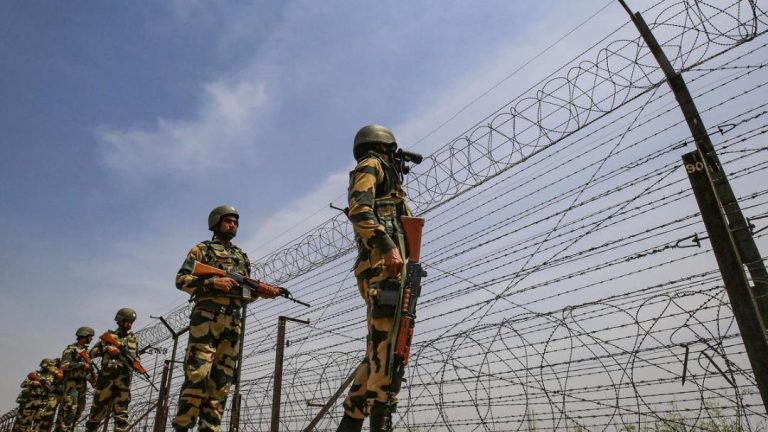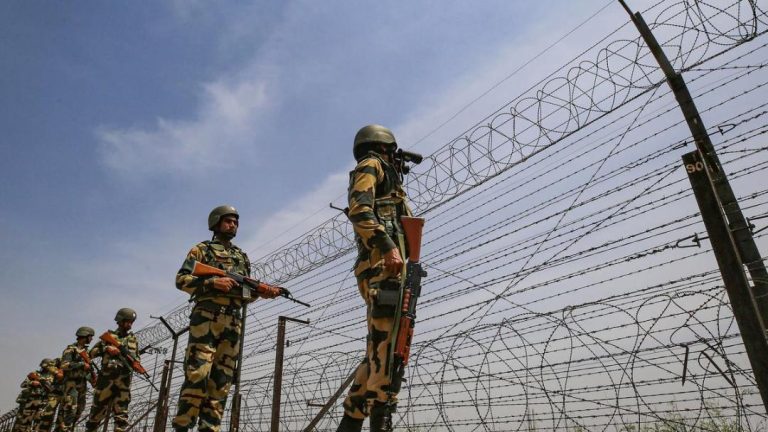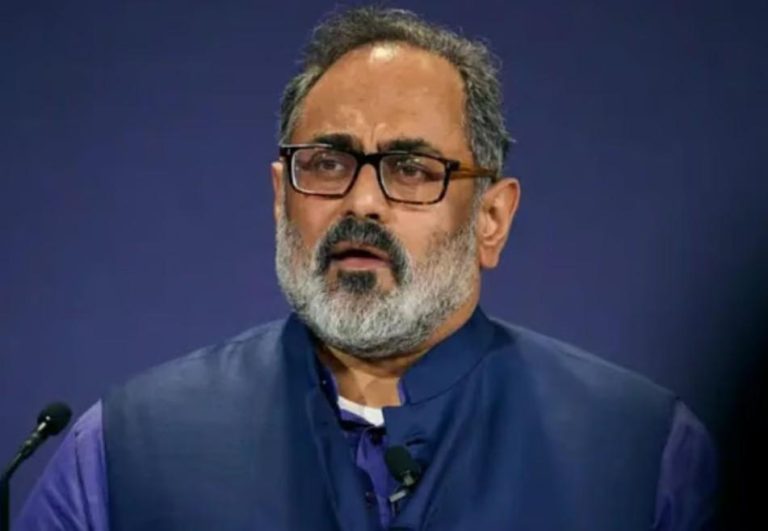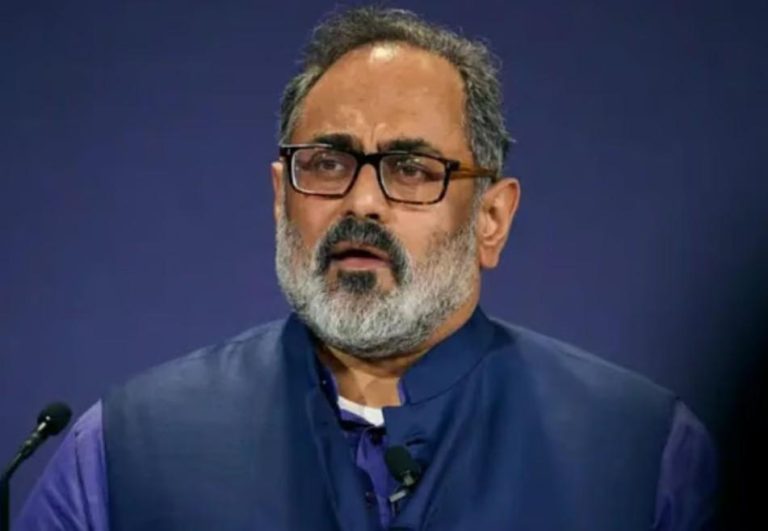
Indian National Jailed for 4 Years in Sri Lanka for Match-Fixing
Cricket, often referred to as the gentleman’s game, has been plagued by the scourge of match-fixing for decades. The sport, which was once revered for its integrity and sportsmanship, has seen numerous scandals and controversies over the years. In the latest development, an Indian national, Yogi Patel, has been sentenced to four years in prison for match-fixing in Sri Lanka’s 2024 Legends League T20 tournament.
According to a report, Patel was found guilty of proposing to fix matches and was fined a staggering SLR 85 million (approximately Rs 35 crore). Additionally, the court ordered him to pay SLR 2 million (approximately Rs 8 lakh) to Upul Tharanga, the chairman of Sri Lanka selectors, for defamation.
The match-fixing scandal, which has sent shockwaves through the cricketing world, is the latest in a long line of controversies that have tarnished the reputation of the sport. Cricket fans and authorities alike are left wondering how this could have happened, and what measures can be taken to prevent such incidents in the future.
The Sri Lankan court’s verdict comes as a significant blow to Patel, who was accused of attempting to corrupt the game in a major way. The 2024 Legends League T20 tournament, which was a prestigious event featuring retired cricketers from around the world, was meant to be a celebration of the sport. Instead, it was marred by the allegations of match-fixing, which have left the cricketing fraternity reeling.
Patel’s actions, which were described as “shocking” and “unacceptable” by many, have not only damaged the reputation of the sport but also brought shame to the Indian cricket community. The cricketer’s downfall serves as a stark reminder of the consequences of engaging in such illegal and unethical activities.
The Sri Lankan court’s decision to sentence Patel to four years in prison is a strong message to anyone who dares to attempt to corrupt the game. The punishment is a fitting one, considering the gravity of the offense. However, it is also a reminder that match-fixing is a serious issue that requires a collective effort to eradicate.
In recent years, cricket has faced numerous match-fixing scandals, with several high-profile players and officials implicated in these controversies. The game’s governing bodies, including the International Cricket Council (ICC), have taken steps to address the issue, including introducing tougher regulations and penalties for those found guilty.
However, despite these efforts, match-fixing continues to be a problem, with new scandals emerging regularly. It is a complex issue that requires a multifaceted approach, involving not just the cricketing authorities but also the players, teams, and fans.
One of the main challenges in addressing match-fixing is the difficulty in detecting and preventing such activities. Cricket is a game of strategy and skill, and it can be easy for players to manipulate the outcome of a match in subtle ways. Moreover, the anonymity of the internet and social media has made it easier for players to communicate with bookmakers and other fixers without being detected.
Another challenge is the lack of trust between players, officials, and fans. When a player is accused of match-fixing, it can be difficult to prove their guilt or innocence. The game’s reputation is often tarnished by unfounded allegations, which can lead to a loss of public trust and confidence.
In the case of Yogi Patel, the Sri Lankan court’s verdict has brought some closure to the match-fixing scandal. However, it is a sobering reminder that the game of cricket is not immune to corruption and that the fight against match-fixing is ongoing.
As the cricketing world continues to grapple with the issue of match-fixing, it is essential that we work together to prevent such incidents from happening in the future. This requires a collaborative effort from the players, officials, and fans to create a culture of integrity and sportsmanship in the game.
In conclusion, the sentencing of Yogi Patel to four years in prison for match-fixing in Sri Lanka’s 2024 Legends League T20 tournament is a significant development in the fight against corruption in cricket. It serves as a stark reminder of the consequences of engaging in such illegal and unethical activities and highlights the need for a collective effort to eradicate match-fixing from the game.
Source:






